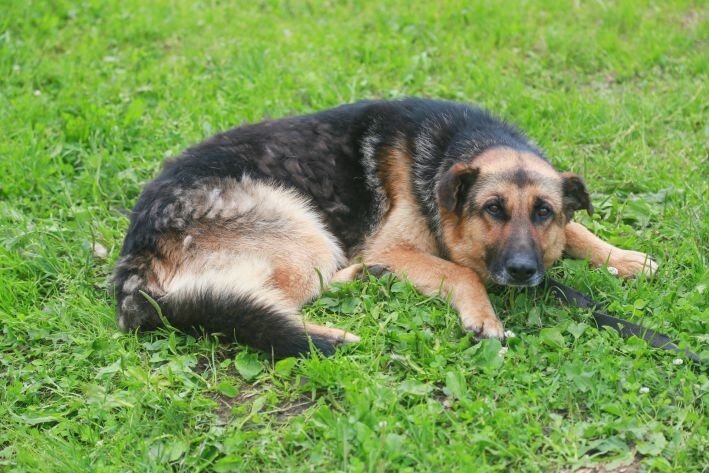Proper nutrition is the key to a dog's health and longevity. A balanced diet, including proteins, fats and carbohydrates, provides the pet with all the necessary substances.
Proteins support tissue growth and repair, fats serve as a source of energy, and carbohydrates contribute to the normal functioning of the body.
High-quality food without artificial additives and preservatives has a positive effect on the dog's health, reducing the risk of various diseases.
The Importance of Physical Activity
Regular physical activity helps prolong the life of a dog, being one of the key factors.
Daily walks, games and training help maintain a normal weight, strengthen the cardiovascular system and improve the overall well-being of your pet.

The level of physical activity should be appropriate to the age and breed of the dog. Active games and exercises help prevent behavioral problems and improve the animal's mood.
The role of veterinary control
Regular visits to the veterinarian are necessary to ensure timely detection and treatment of diseases.
Preventive examinations, vaccinations and deworming play an important role in maintaining the health of your dog.
Veterinary examinations help to detect diseases at an early stage, which significantly increases the chances of successful treatment. Taking care of the condition of teeth and gums, including regular cleaning, also contributes to a long and healthy life of the pet.
Social contacts and mental health
Social contacts are important for a dog’s emotional well-being. Communication with other animals and people reduces stress levels and improves the pet’s mood.
Social adaptation begins in puppyhood and continues throughout life. It is important to provide your dog with opportunities to socialize in a controlled and safe environment.
Mental activities such as learning commands and playing games keep the brain active.
Disease prevention
Disease prevention includes regular checkups and following your veterinarian's recommendations.
Proper nutrition, physical activity and timely vaccinations help prevent many diseases.
It is important to monitor the condition of the skin and coat, carrying out regular care and treatment against parasites.
Keeping the environment clean and avoiding contact with sick animals also reduces the risk of disease.
Hygiene and care
Hygiene and grooming of the dog includes regular bathing, ear cleaning and nail trimming.
Grooming is especially important for long-haired breeds to prevent matting and keep the skin healthy.
Regular bathing helps remove dirt and prevents skin diseases. Cleaning the ears prevents wax buildup and infections.
Nutritional supplements
Nutritional supplements can greatly improve your dog's quality of life.
Vitamins and minerals added to the basic diet help strengthen the immune system and maintain overall health.
Omega-3 fatty acids are beneficial for the skin and coat, as well as for the cardiovascular system.
Probiotics and prebiotics improve digestion and support healthy intestinal microflora.
Environmental conditions
The environmental conditions in which a dog lives also affect its health and life expectancy.
Clean air, comfortable temperature and absence of harmful substances are important factors for maintaining health.
The dog must be given enough space to move freely and play. It is important to keep the living area clean, cleaning and disinfecting it regularly.
Previously, we told you what to do if you lost your pet’s veterinary passport .








